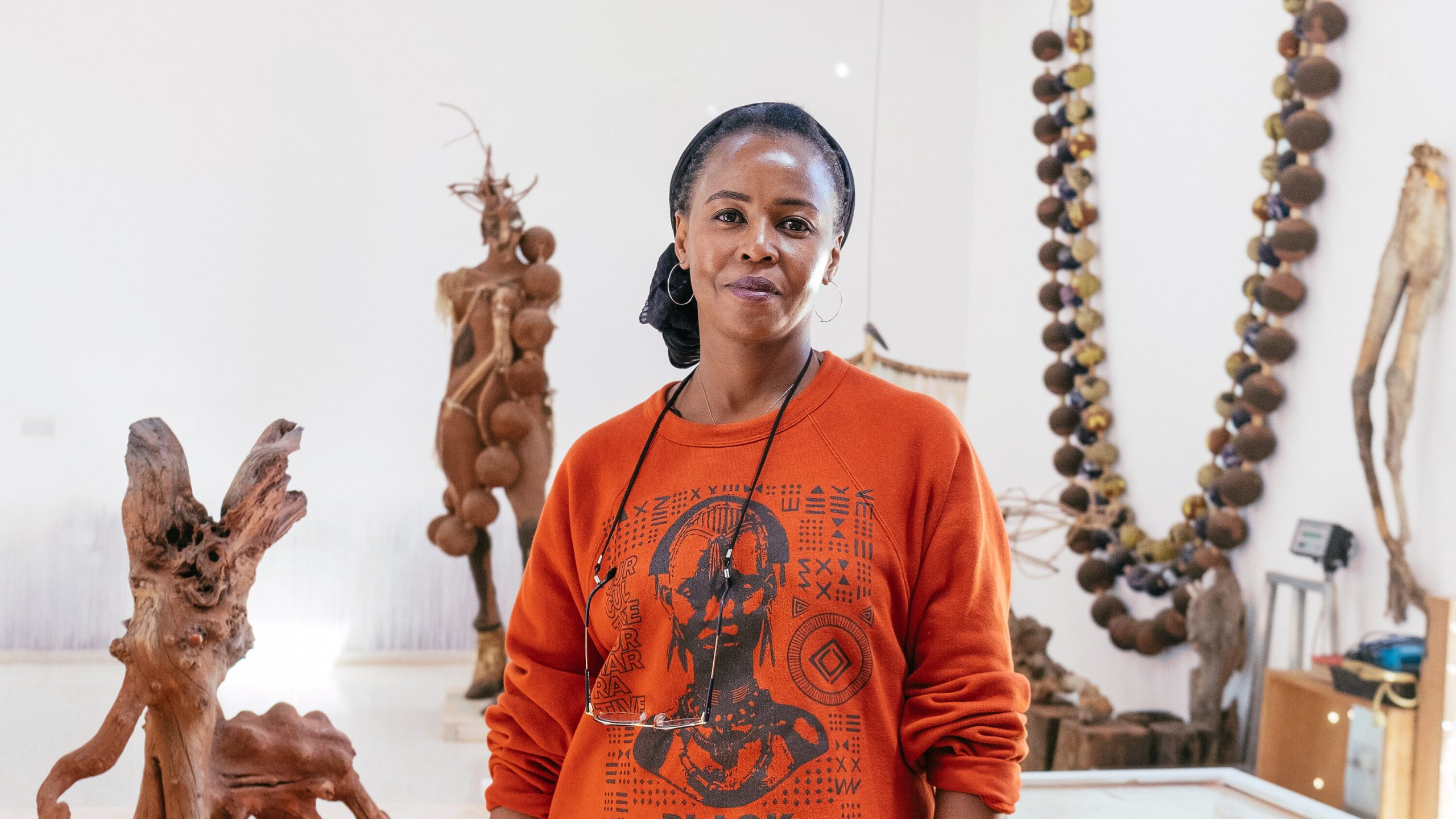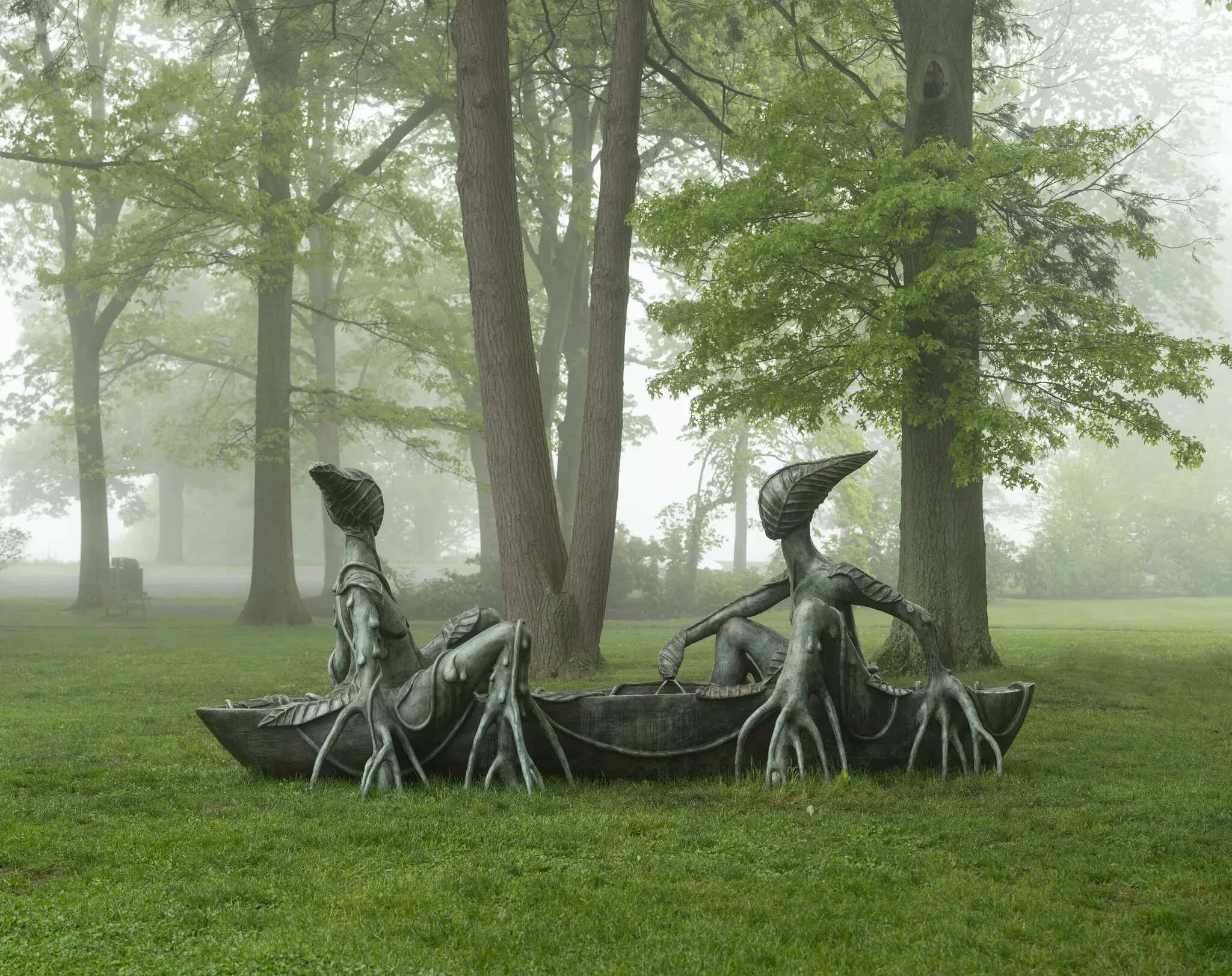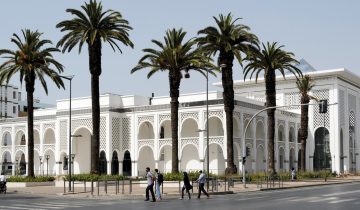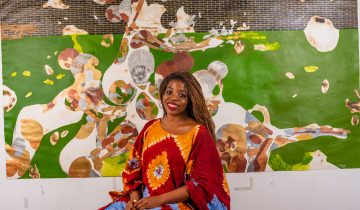The Significance of African Artists Addressing Mental Health Through Art : An Engaging and Informative
Mental health has long been a stigmatized and misunderstood issue in Africa. Societal norms, traditional beliefs, and a general lack of understanding have contributed to this stigmatization, preventing many people from seeking help and support. However, recent developments in mental health awareness have led to a growing recognition of the importance of addressing these issues. One of the most powerful ways to do this is through art.
Art has always played a significant role in addressing mental health issues, as it offers a unique means of expression and communication. The therapeutic potential of art is well documented, with studies showing that engaging in creative activities can have a positive impact on mental well-being. In Africa, artists have a particularly important role to play in raising mental health awareness, as they can provide unique perspectives on African culture and society, challenging stereotypes and initiating conversations about mental health. This essay will explore the various ways in which African artists are addressing mental health through art, focusing on the key phrase “African Artists Addressing Mental Health Through Art.”
The Impact of Traditional and Contemporary African Artists on Mental Health Awareness
Traditional African Art and Mental Health
Traditional African art has long been a powerful tool for addressing mental health issues. The rich symbolism and storytelling present in many traditional art forms enable artists to explore complex themes, promote cultural values, and create a dialogue around mental health.
For example, the Yoruba people of Nigeria have a long history of creating intricate carvings and Gelede masks that depict various aspects of life, including mental health issues. These artistic expressions provide a platform for discussing emotional well-being within the context of Yoruba culture. Similarly, Ethiopian scroll paintings often portray scenes of healing and spiritual guidance, offering insights into traditional beliefs about mental health and wellness. In South Africa, the Ndebele people are known for their vibrant murals, which often depict themes of resilience and strength, reflecting the community’s attitude towards mental health.
Contemporary African Artists Addressing Mental Health Through Art
In recent years, a growing number of contemporary African artists have begun to use their work as a means of addressing mental health. These artists challenge stigmatization and create a platform for personal stories and experiences, shedding light on the realities of mental health in Africa.
Wangechi Mutu, a Kenyan-born artist, is known for her powerful mixed-media collages that explore themes of identity, trauma, and healing. Her work has been instrumental in raising awareness about mental health issues within the African diaspora. South African artist Nelson Makamo, renowned for his captivating portraits, often addresses themes of vulnerability and resilience, reflecting the challenges faced by many individuals living with mental health issues. Nigerian artist Peju Alatise uses her multimedia installations to explore the complex relationship between cultural beliefs, societal expectations, and mental health in Africa. By examining the impact of these issues on individual lives, these artists are making a significant contribution to the conversation around mental health in Africa.

Art Therapy and Community-Based Initiatives
In addition to individual artists, several art therapy and community-based initiatives have emerged across Africa, providing vital resources and support for those affected by mental health issues. Art therapy has been shown to have a positive impact on mental health recovery and support, with programs and workshops offering a creative outlet for self-expression and healing.
One such initiative is Art2Be in Kenya, which uses art therapy to help individuals affected by HIV/AIDS and gender-based violence. The program offers a safe space for participants to process their experiences and develop coping strategies through artistic expression. The Market Photo Workshop in South Africa is another example of a community-based initiative using art to address mental
health. Established in 1989, this organization provides photography training and mentorship to young artists, empowering them to use their skills to tell their own stories and raise awareness about mental health issues within their communities.
The Uganda Arts Trust is yet another example of a successful art therapy initiative in Africa. The organization focuses on providing resources and support to local artists, encouraging the use of art as a means of addressing mental health challenges. Through workshops, exhibitions, and collaborative projects, the Uganda Arts Trust fosters a sense of community and understanding around mental health issues.
These initiatives not only provide vital support for individuals affected by mental health issues, but they also serve to raise awareness and promote understanding within the wider community. By utilizing the power of art, these programs are contributing to the ongoing efforts to address mental health issues across Africa.
The Ongoing Importance of African Artists Addressing Mental Health Through Art
In conclusion, African artists addressing mental health through art play a crucial role in promoting awareness and understanding within their communities. Through traditional and contemporary art forms, these artists challenge stigmas and stereotypes, encourage dialogue, and empower individuals to seek help and support.
As we continue to strive for a better understanding of mental health in Africa, it is essential to recognize the ongoing importance of art in promoting awareness and support. African artists addressing mental health through art have the unique ability to bridge cultural divides, promote empathy, and provide a platform for conversation and healing.
To ensure the continued success of these efforts, it is vital to strengthen collaborations between artists, mental health professionals, and communities. By working together, we can create a more inclusive and supportive environment for those affected by mental health issues. Furthermore, utilizing new technologies and platforms, such as MoMAA, can help to reach a wider audience and foster greater understanding and solidarity.
As we look to the future, it is crucial to continue supporting and promoting the work of African artists addressing mental health through art. By encouraging cultural and artistic exchanges, we can contribute to a global understanding of mental health issues and work together to create a more compassionate and supportive world.
For further reading on African art and its impact on mental health, please visit the following links:





 No products in the basket.
No products in the basket.
Good